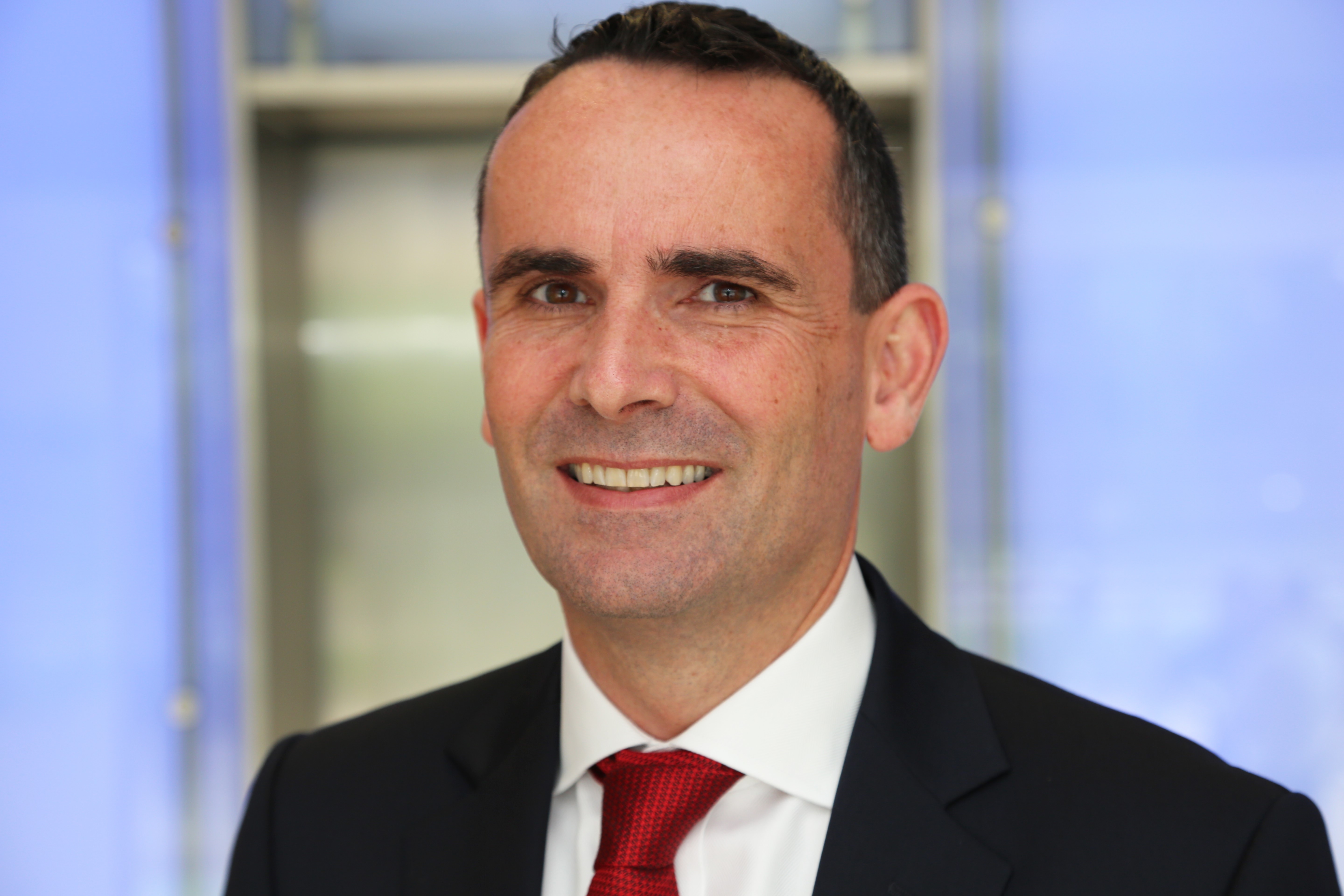

The first dozen days of 2022 may be done and dusted but market conversations are still contending with the questions posed by last year and what 2021 meant for the insurance industry.
Insurance businesses and professionals were thrown the curveball that was COVID-19 in early 2020 and 2021 was the year that the lessons of the pandemic started to be put into action. But how did 2021 measure up to 2020 in terms of the precedent of disruption that had been set? Nic Brown (pictured above), sales & marketing director at Markel UK, noted that in 2021, the insurance industry continued to operate in what remained challenging conditions for brokers and clients.
“[In 2020], Markel UK was able to handle the move to work from home and sudden claims surges without impacting the delivery of our services or our ability to pay claims,” he said. “The disruption actually proved an enabler for the Markel business, facilitating the acceleration of projects such as the implementation of AI technology to more efficiently handle broker requests.
“Perhaps unsurprisingly, ongoing COVID issues have continued to create uncertainty [during 2021]. Thoughts have turned to the ‘new normal’ with many companies looking to introduce hybrid working – bringing with it new risk profiles. These have required discussion with brokers and insurers to ensure clients are fully covered for the new risks they face.”
Last year, saw a renewed focus on risk management to deal with an environment with no solid long-term certainty around the way the economy would operate and whether new rules to combat COVID would be implemented. 2021 has seen less disruption, he said, but continued uncertainty in the availability of cover at realistic prices in some sectors.
Adding his commentary to this, Dave Martin (pictured below), head of retail at Zurich UK said it has been great to see the rhythm across the market stabilise in the last year, coupled with much stronger interaction and negotiation. As a business, he said, Zurich is “genuinely customer-obsessed” and continues to invest in its capabilities to ensure it provides great propositions and responsive service to its brokers.
“We’ve seen continued increases in our NPS scores from +59 in H1 2020 to +76 in 2021,” he said. “I’m proud to say that for four out of five new business submissions, we’ve managed to call brokers within two hours. Delivering stability through turbulent times has been a cornerstone of our success in 2021 as we strive to deliver security and peace of mind to our customers. In 2021 this has resulted in driving innovative digital deployments that are designed and centred on the customer. They have been executed at pace and without compromise, despite the challenges of the current market.”
After the turmoil of 2020, it might have been hard to imagine that 2021 would prove such a groundbreaking year but as highlighted by both Brown and Martin, the last 12 months were marked by many standout moments. Brown emphasised that while 2021 was defined by the pandemic, this presented Markel with opportunities to boost its stakeholders’ trust.

The market has been negatively impacted by perceptions around the handling of business interruption claims, he said. Markel has been clear with its BI clients throughout, helping it forge stronger broker relationships and it has seen a significant increase in business as a result. For Markel, Brown stated, it’s simply a case of delivering on its promises to brokers and clients and respecting the relationships it has built.
“We have also been determined to stand by customers in the care industry and the other specialist sectors in which we operate,” he said. “Where other markets took the decision to exit classes, we have remained and we have sought to support brokers where the exodus has restricted available capacity.”
Discussing standout moments from Zurich’s perspective, Martin noted that, last year, underwriting capacity and availability were difficult to access. Despite this, he said, Zurich continued to introduce innovative ways to ensure solutions were available. This includes its new digital quote management system which reduced the amount of time it takes to get quotes out to market by half, and Zurich continued to provide significant capacity when it was needed most.
Despite challenging times, Zurich was still able to support customers, he said, and remained trading in the market throughout lockdown. Also, sustainability was quite rightly prominent on every business agenda in the last year, Martin stated. Launching initiatives such as repair not replace for customers alongside green car parts in motor claims through a three-year contract with SYNETIQ was key for Zurich.
“Innovation and digitisation really centred around customer-centric solutions and certainty of outcome,” he said. “For example, Zurich cut property claims settlement times to under 24 hours with the introduction of Sprout.ai technology which delivers automated policy checking. The innovation, which is driven by Zurich’s handlers, surfaces and adds layers of context (including a market-leading comparison against the Ombudsman database) in a simple format to aid decision making. Claims can be intelligently triaged and processed within a matter of hours with above 98% accuracy on policy checking.”
Given the mass disruption of 2020 and its reverberations during 2021, the last 12 months could have been expected to be extremely reputationally difficult for businesses. However, Zurich and Markel alike have seen the continued success of the initiatives they have put in place to support their insureds, their employees and the wider market.
“We saw the continued success of our award-winning Zurich Support Services which provides up to five free counselling sessions to claimants and their families,” Martin said. “This has played a pivotal role for our customers, particularly during these times of extreme weather conditions, such as the summer flash floods.”
Brown highlighted that Markel’s ability to consistently deliver on its ‘Expect More’ promise throughout 2021 had been a stand-out achievement.
“It is services, such as the 200,000+ calls to our legal helpline during the pandemic or offering loss adjuster support even when a claim wasn’t clear cut, is where we have been able to really add to the difference we make to clients and brokers,” he said. “There is an immense pride across the business that we have been in a position to help in the face of an unprecedented challenge.”
